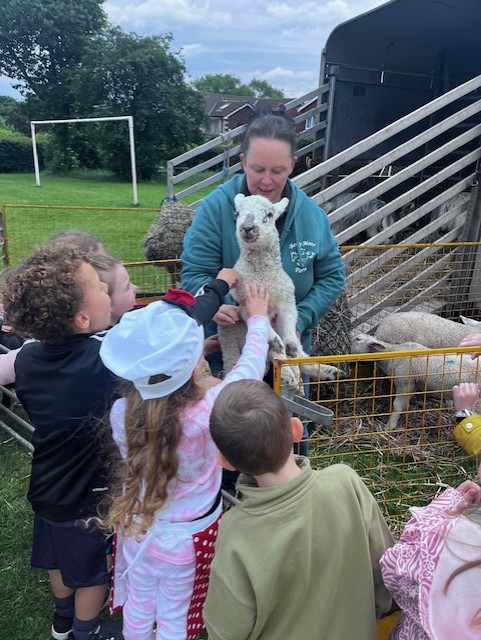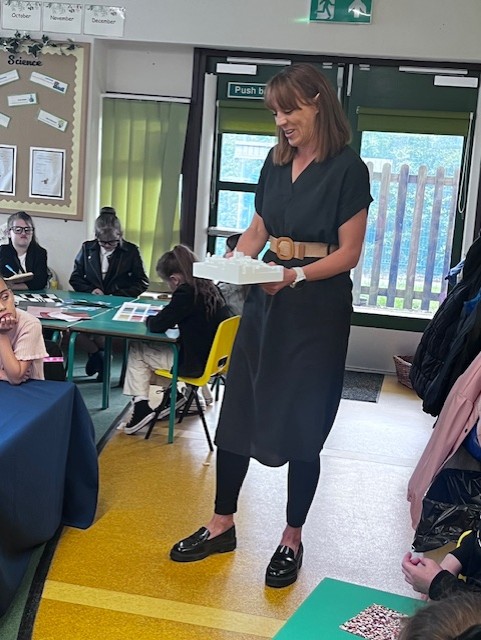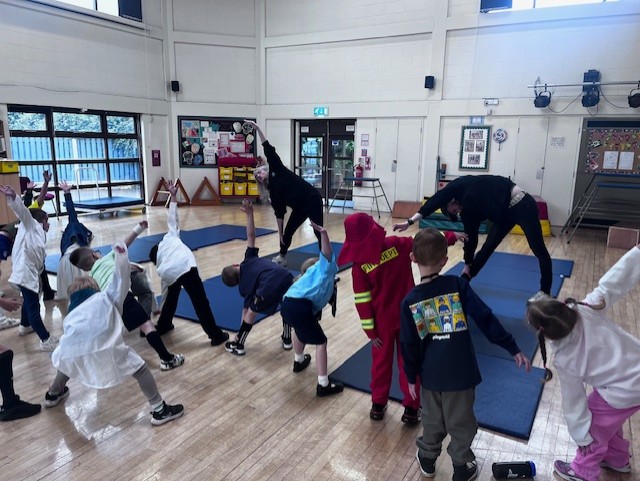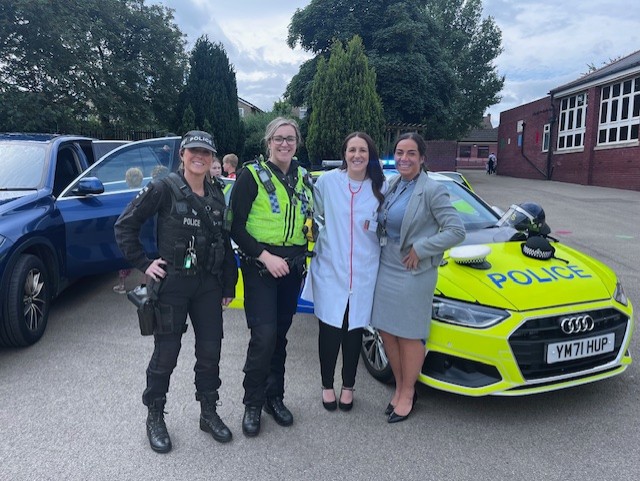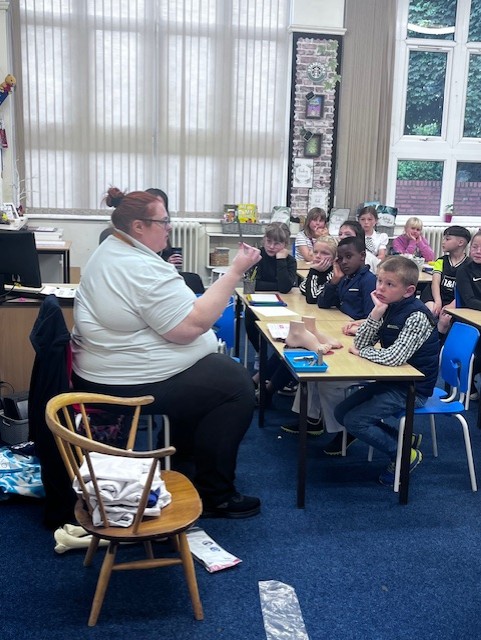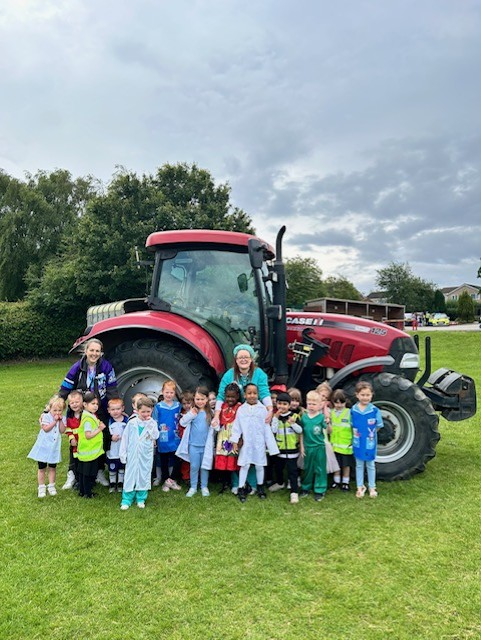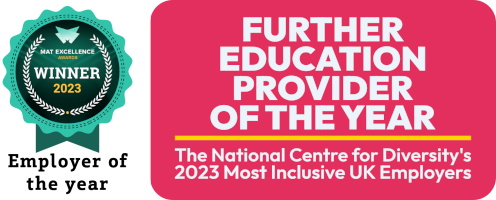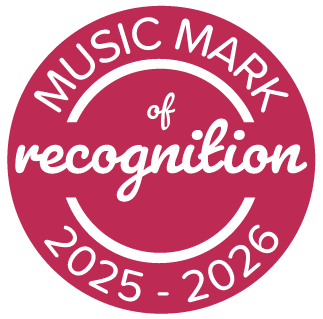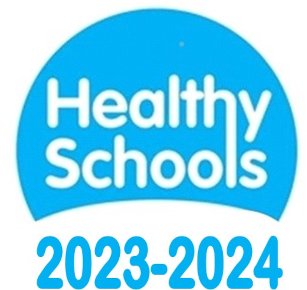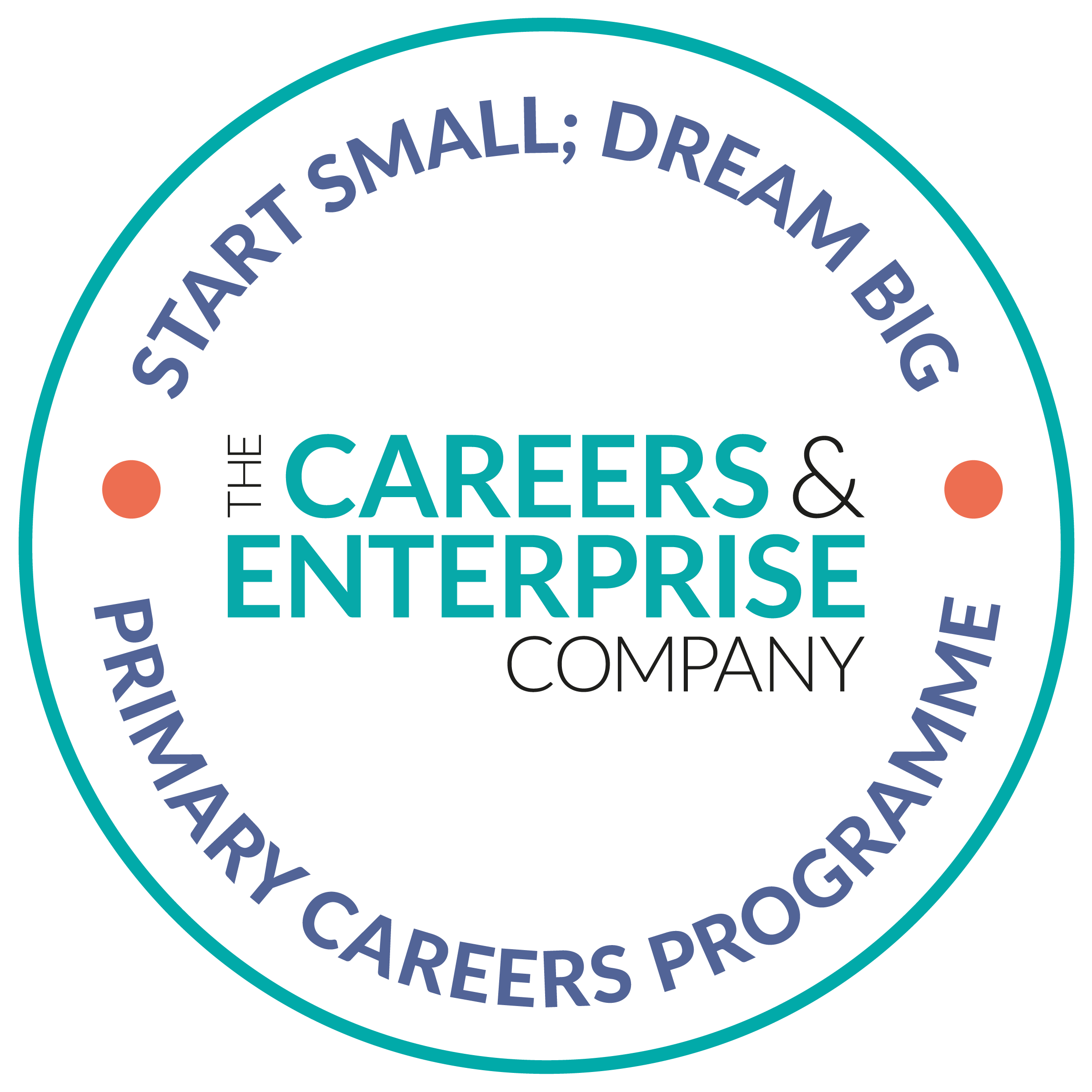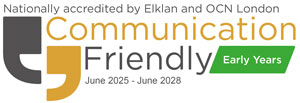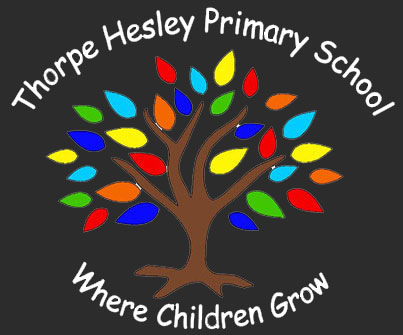During the academic year 2023-2024, we focused heavily on raising the profile of careers within school. We feel that it is important for our children to understand the world of work and how certain lessons provide us with the skills we may need for future job roles. In June 2024, we held a whole-school careers day where we invited visitors in to school to speak with the children about their current jobs and it is safe to say that it was a HUGE success. The children, and staff, thoroughly enjoyed themselves and we all learnt so much.
After the success of the careers day, we are now working as a school to ensure that careers teaching is embedded within our curriculum.
We are aiming to hold a careers day biannually.


